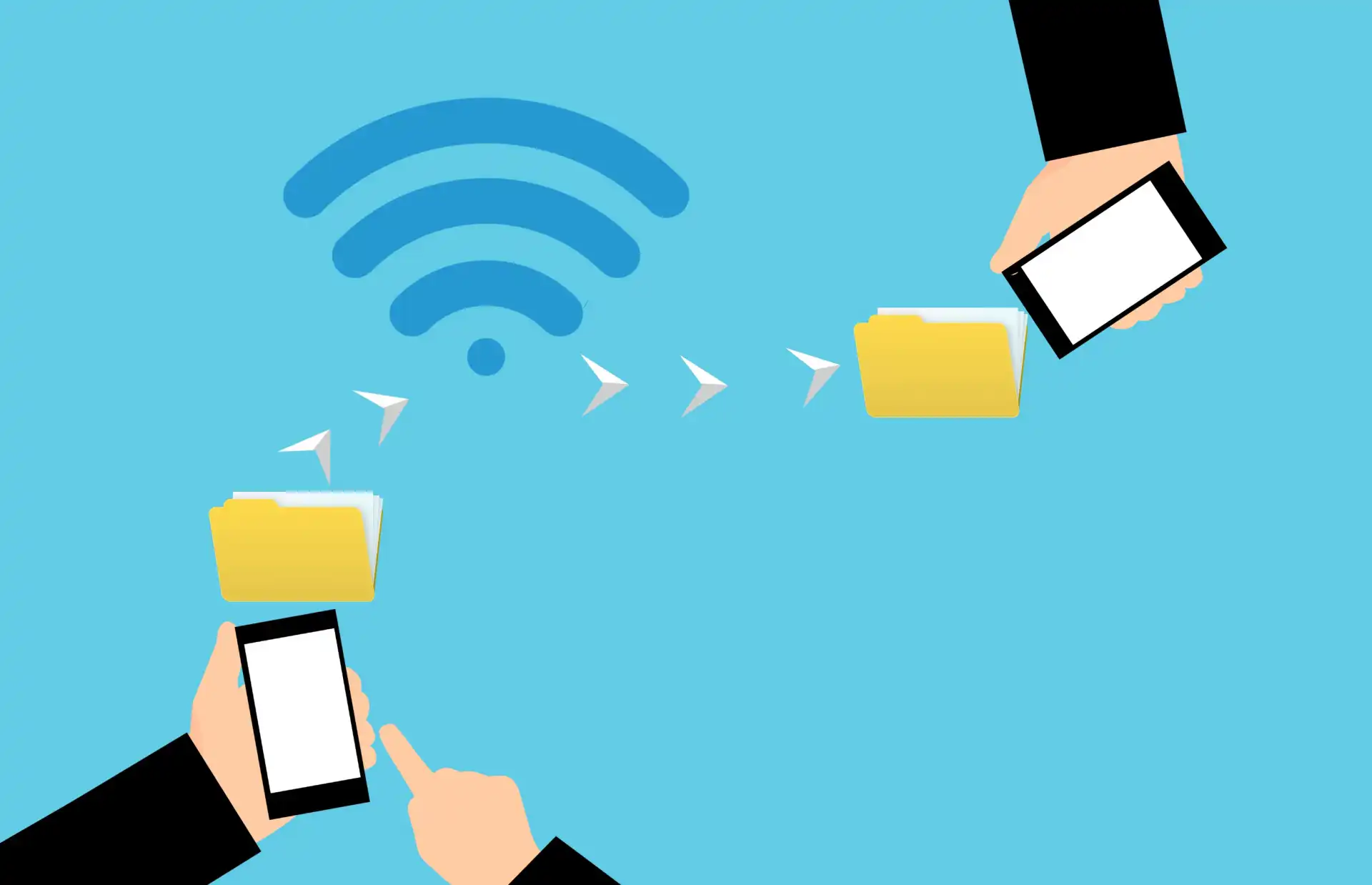Introduction
The rapidly growing sector of food delivery apps has recently seen a significant change in New York City. The city has enacted a new law requiring these platforms, such as DoorDash, to change the way they solicit customer tips during the checkout process. This bold step is the first of its kind taken in a major American city.
The effects of the new law are expected to trigger a ripple effect across the platform economy industry. It is hoped that it would lead to more transparency and fairness in tipping practices, which have been a significant issue in recent years. The platforms now have a choice to either adapt or face potential reputational risks and legal battles.

This law comes as part of a series of measures aimed at protecting and improving the rights and conditions of gig economy workers. The NYC bill is specifically targeting the tipping practices of food delivery app companies and has been the focus of discussions amongst city officials, industry insiders, and workers who rely on these platforms for livelihood.
New Law Brings Transparency
What makes the new law impactful is its implementation mode: food delivery platforms are now required to provide a tipping option at the final checkout screen that reflects the total order amount, including all fees and taxes. Under the previous tipping model, many apps would provide a tipping prompt that was based on the pre-tax and pre-fee total. This resulted in customers potentially tipping lower amounts than they might have otherwise intended to.
The new law also mandates that the app must present the tipping prompt in a way that it does not dissuade customers from tipping their delivery persons. The aim is to ensure that customers have a clear understanding of what they are tipping on and how much they are tipping, leading to a more accurate reflection of their intended generosity.
Food delivery apps will also have to include a no-tip option in their prompts. This move is intended to prevent them from “guilting” customers into tipping, a practice that has drawn criticism in the past. If a customer chooses not to tip, they will need to actively select this option, ensuring they have considered it consciously.
The new tipping model isn’t without its opponents. However, it’s widely welcomed as a step towards addressing the persisting issues of transparency and fairness in the online food delivery industry.
DoorDash's Response to the New Law
DoorDash, one of the leading food delivery app platforms in the United States, has been quick to react to the new legislation. The company announced recently that it is making changes to its tipping prompt in response to the NYC law. DoorDash’s move is being viewed as a proactive step to remain compliant with the new regulations.
Industry watchers have pointed out that DoorDash’s decision is significant because the company has been at the center of controversy over its tipping practices in the past. In 2019, they faced backlash for their tipping model that used customer tips to cover base pay for delivery workers. The ensuing uproar led the company to reform their model, promising that tips would go directly to the delivery persons.
DoorDash’s response to the NYC law indicates the company’s commitment to maintaining transparency in its operations and ensuring that its workers are treated fairly. It also shows their preparedness to adapt to evolving regulations that affect their business model.
The company's quick adjustment provides a model for other food delivery apps grappling with the new regulations. It gives them a glimpse into how swiftly they too need to adapt to remain compliant in the ever-changing digital economy landscape.
Expected Impact on Other Food Delivery Apps
Although DoorDash was one of the first to respond, other food delivery service providers are expected to follow suit. This regulation is not just applicable to DoorDash but affects all delivery service providers operating in New York City. Not adopting the changes could result in legal ramifications and reputational damage, a risk these platforms are unlikely to take.
As the law is implemented, it will be interesting to observe how other players in the industry adjust their business models. There may be some pushback, but it's anticipated that most businesses will transition smoothly to remain in compliance with the law and meet customer expectations.
The long-term effects of the new regulations on the delivery industry are yet to be seen. However, the general consensus is that it will lead to improved standards of transparency and fairness in tipping practices. These reforms are seen as crucial in protecting delivery persons, who are often at the mercy of opaque tip calculation methods.
The NYC tipping law poses a significant shift in the gig economy, signaling that more changes may be coming down the pike. It reinforces that cities and regulatory bodies are taking more interest in how the gig economy functions, fostering rulings that protect the rights of the workers and ensure transparency and fairness for all parties involved.